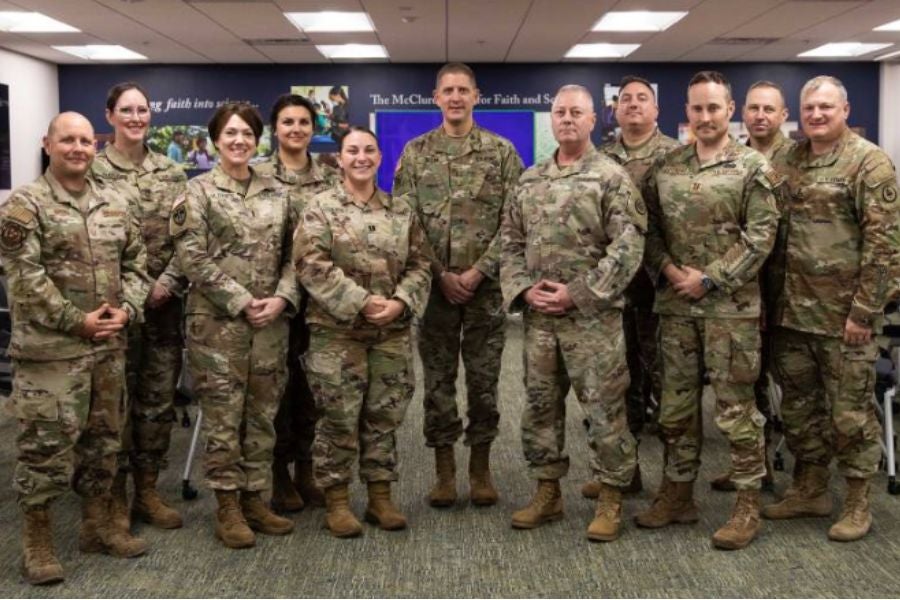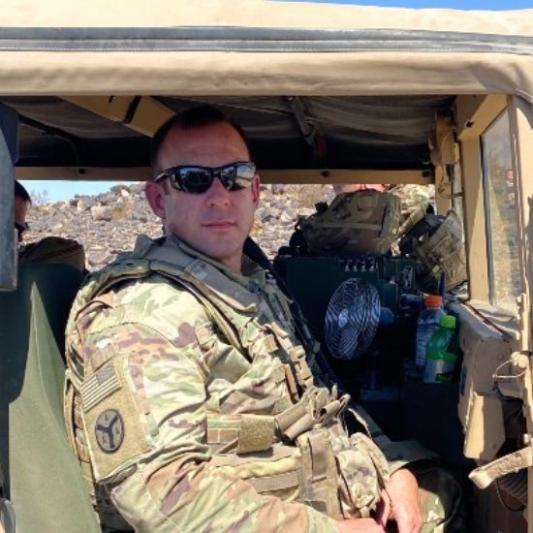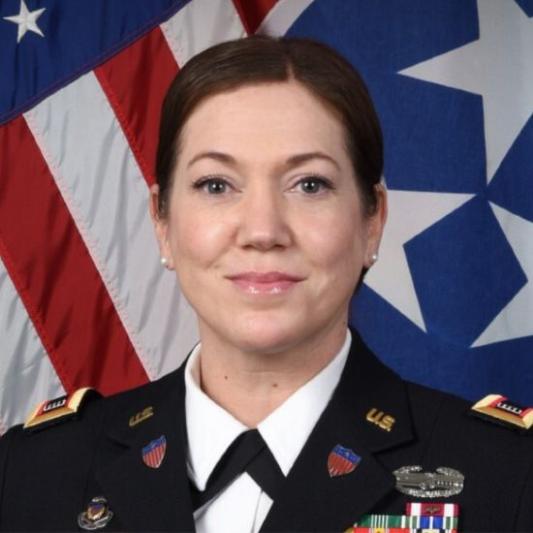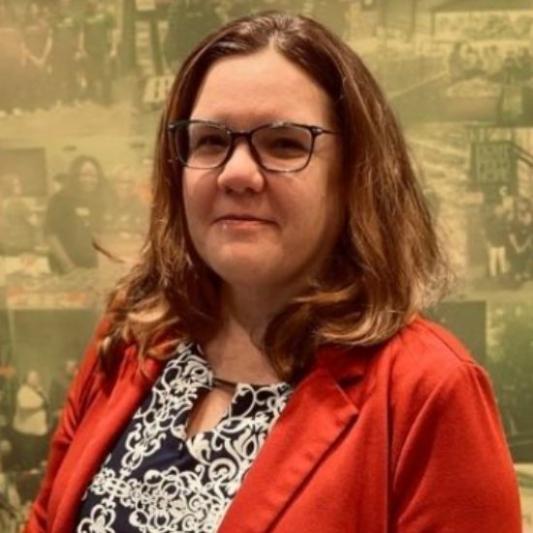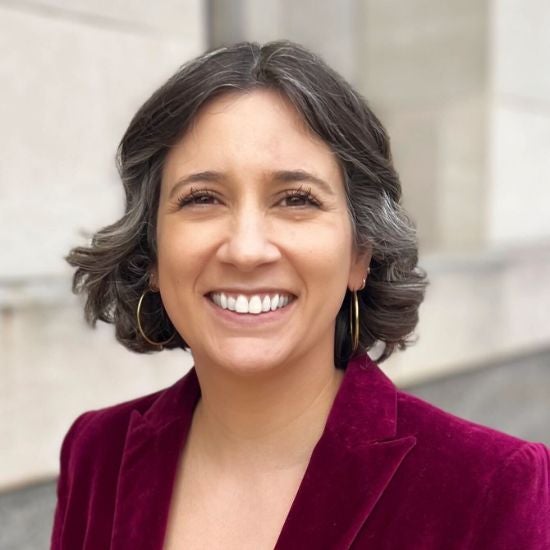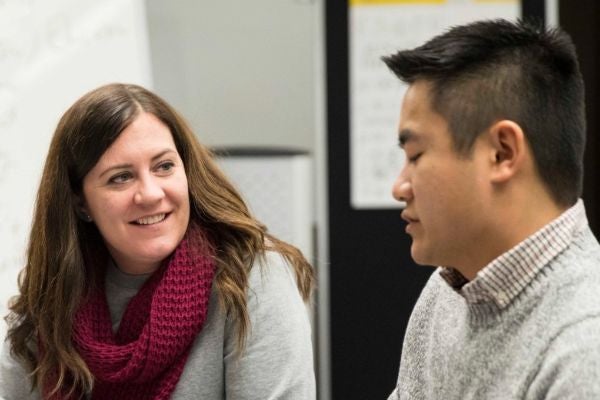Program Overview
Where Tennessee turns for leadership.
The need for community leadership has never been greater than in the present, whether the context is urban, rural, or suburban. Community leaders must have the capability to respond by implementing solutions-focused interventions and policies. The Master of Arts (M.A.) in Leadership and Public Service at Lipscomb University has been designed to train leaders who can serve strong communities by implementing tangible solutions.
Discover ways to lead and serve with the State of Tennessee as your primary laboratory, providing a firsthand view of how this vibrant and growing state deals with dilemmas and opportunities. Join a cohort-based program with your classmates from communities across Tennessee to learn the dynamics of leadership, policy, and governance in a variety of contexts. The program facilitates the building of critical skills in leadership, communication, collaboration, and conflict resolution. Our faculty and community experts will lead you along the way.
One year can change your life and your career trajectory. Join us as we work together to engage, equip, and empower those who strive to serve the common good.
"The program exceeded my expectations. It has equipped me with resources and given me the knowledge to be a better leader. I plan to take the knowledge from this program and use it to create more leaders in my community.”
-Alumni
"It went beyond any expectation I had. This program provided me with immersive experience and allowed me to build real friendships with professionals from all over the state, all with different backgrounds and perspectives. I have confidence to take on whatever I face and feel prepared to navigate challenges wherever I end up in my career because of the knowledge and skills this program gave me"
-Alumni
Admissions Requirements
Application Form: Available online.
Application Fee: Each application should include a $50 nonrefundable application fee ($75 for international students).
Standardized examination score OR writing sample:
Accepted standardized test scores include those of the Graduate Record Examination (GRE), Graduate Management Aptitude Test (GMAT), Law School Admissions Test (LSAT), Miller Analogies Test (MAT) or Medical College Admission Test (MCAT).
The writing sample should demonstrate clarity of thinking, reasoning ability, logic, and strong writing and communication skills. The sample should be an academic or professional document that has been previously written in an academic or professional setting. Previously published work may also be considered. The sample should not be something prepared for the sole purpose of admission to the program.
References: Two letters of reference are required as follows: one from a college or university administrator or professor, one from a professional supervisor/employer, or one from a personal reference with knowledge of your ability to satisfactorily perform at the graduate level.
Official Transcripts: Each applicant must submit an official transcript showing degree conferral, when appropriate, from all schools attended.
Health Form: Each applicant must submit a completed health form signed by a health care provider.
FERPA: The Family Educational Rights and Privacy Act affords students certain rights of access to educational records; even if you are independent of your parents, you must submit this form prior to enrollment.
Résumé: A résumé detailing academic, personal and professional experiences and achievements.
Goals Statement: A 750-1000 word expanded goals statement concerning the applicant’s interest in and application of the program’s curriculum to expected career progression is required.
TOEFL: The Test of English as a Foreign Language is required for international students.
Tuition & Aid
Lipscomb University is committed to making our first-class education as affordable as possible. For students earning their Masters in Leadership and Public Service, the tuition is approximately $1,091* per credit hour.
With various scholarship and financial aid programs available, your out-of-pocket cost of attendance can be much lower. Learn more about your financial aid options below.
*Note: The graduate tuition rates may increase annually, effective each summer semester.
Counties across TN are represented by our Alumni
Student & Alumni Stories
Our Faculty
Career Paths
Elected Officials
Our students and alumni work as elected officials, developing and implementing policy at the local, state, or federal level.
Nonprofit Managers
Nonprofit managers coordinate and supervise a variety of social service programs and community organizations.
Executive Leaders
Our students and alumni lead a variety of organizations, including state and local agencies and nonprofits. They serve in executive leadership roles in organizations like the military, government relations firms, and chambers of commerce.


